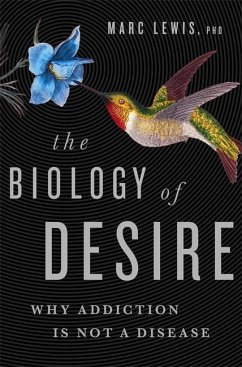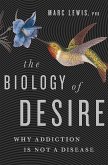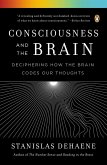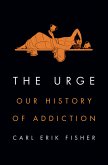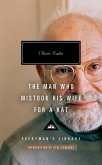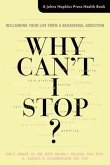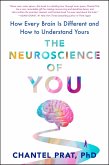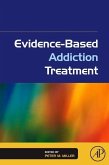Through the vivid, true stories of five people who journeyed into and out of addiction, a renowned neuroscientist explains why the "disease model" of addiction is wrong and illuminates the path to recovery.
The psychiatric establishment and rehab industry in the Western world have branded addiction a brain disease. But in The Biology of Desire, cognitive neuroscientist and former addict Marc Lewis makes a convincing case that addiction is not a disease, and shows why the disease model has become an obstacle to healing.
Lewis reveals addiction as an unintended consequence of the brain doing what it's supposed to do-seek pleasure and relief-in a world that's not cooperating. As a result, most treatment based on the disease model fails. Lewis shows how treatment can be retooled to achieve lasting recovery. This is enlightening and optimistic reading for anyone who has wrestled with addiction either personally or professionally.
Hinweis: Dieser Artikel kann nur an eine deutsche Lieferadresse ausgeliefert werden.
The psychiatric establishment and rehab industry in the Western world have branded addiction a brain disease. But in The Biology of Desire, cognitive neuroscientist and former addict Marc Lewis makes a convincing case that addiction is not a disease, and shows why the disease model has become an obstacle to healing.
Lewis reveals addiction as an unintended consequence of the brain doing what it's supposed to do-seek pleasure and relief-in a world that's not cooperating. As a result, most treatment based on the disease model fails. Lewis shows how treatment can be retooled to achieve lasting recovery. This is enlightening and optimistic reading for anyone who has wrestled with addiction either personally or professionally.
Hinweis: Dieser Artikel kann nur an eine deutsche Lieferadresse ausgeliefert werden.
Dr. Lewis... a former addict who recovered to become a distinguished neuroscientist and author ... writes engagingly about the addictive experience, the recovery experience and the science behind them. Whether you are looking for a foundation in the neuroscience of addiction, guidelines for recovery or just hope that recovery is possible, it's all here. The scientific information is presented in the context of day-to-day behavior and the lives of individuals you will come to care about. You'll learn more about neuroscience (and human development and psychology) than you may have thought possible. Informed by this book, you'll see how neuroscience explains addiction as a part of life, rather than a mysterious entity only experts can understand. Tom Horvath, Ph.D., President of ABPP, Practical Recover, and SMART Recovery and author of Sex, Drugs, Gambling & Chocolate: A Workbook for Overcoming Addictions

